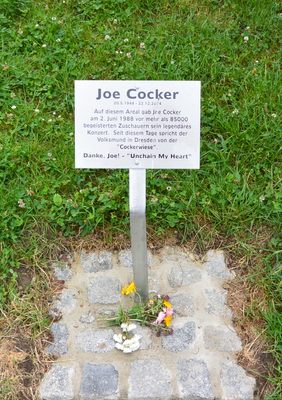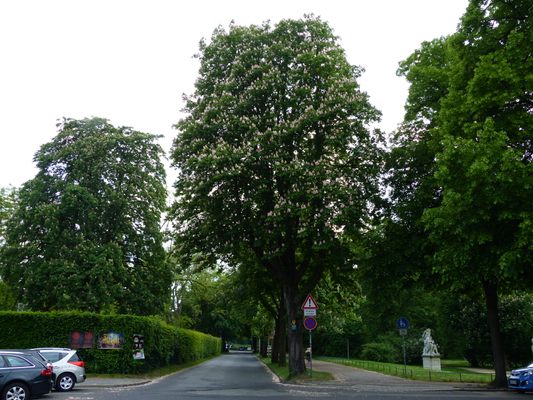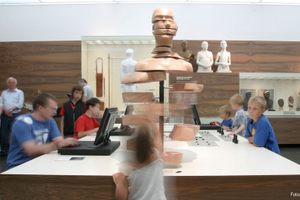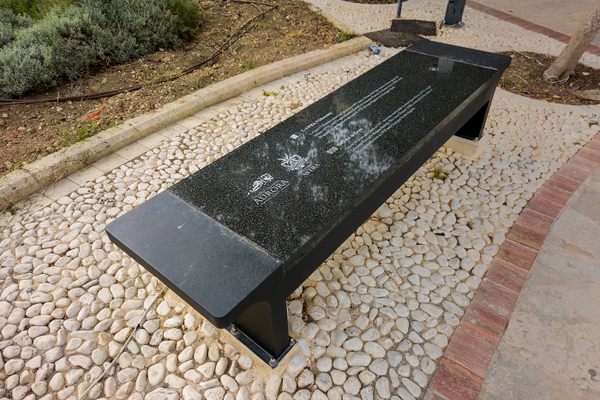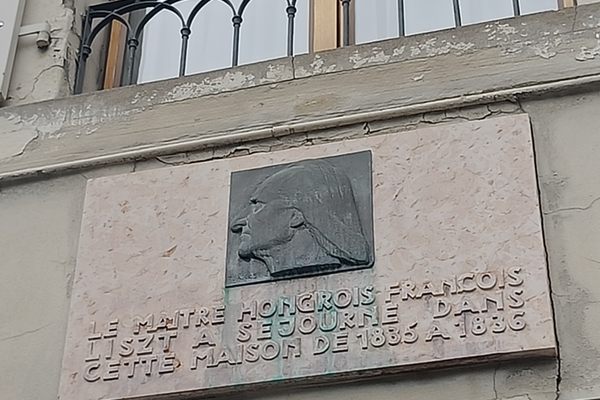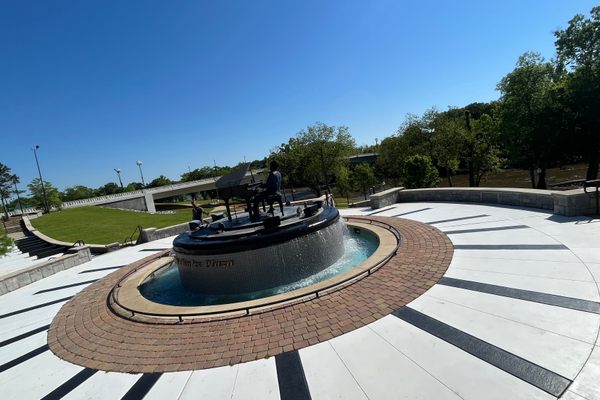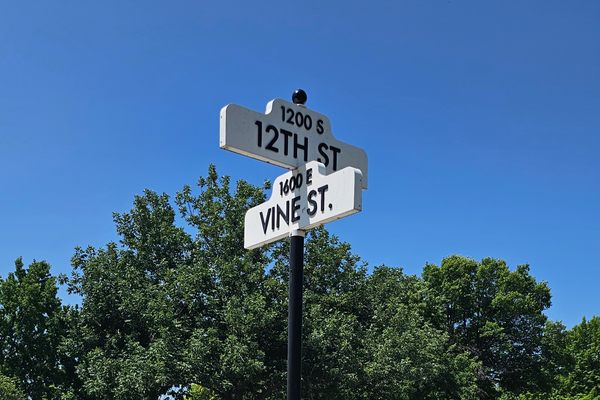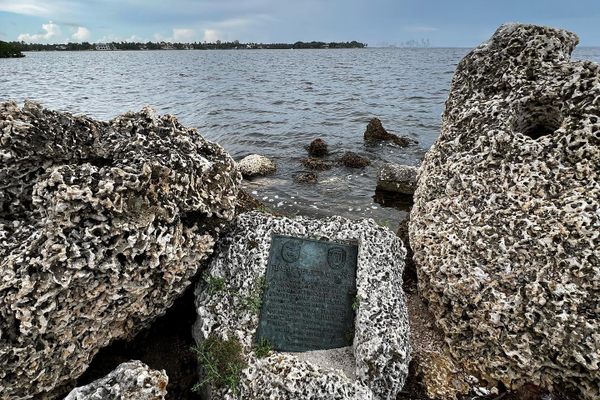About
On June 2, 1988 the English musician Joe Cocker gave a concert in a park in Dresden, Germany. It's unremarkable that a musician would give a concert; it's what they do, after all. But this show was special. The country was still a year away from unification and the fall of the Berlin Wall. Dresden lie in East Germany where the culture was not very open, and rock acts weren't exactly an everyday occurrence there.
Organized by the government's youth organization, the Joe Cocker concert was an early step toward improving relations between the East and the West, and a more accepting attitude towards Western media.
Cocker's visit was the culmination of a public outcry for more freedom in East Germany. While the East was in the midst of an outright music ban, in 1987 a series of open-air concerts in West Germany near the Brandenburg Gate was a workaround. All a music-loving East German kid had to do to listen to this forbidden music was step outside. And that's what they did. Moving in close to the eastern side of the wall, they let the air carry the sounds of David Bowie, Genesis, and the Eurythmics right into their ears.
As the concert went on, protests to tear down the wall grew. At one show, 158 people were arrested in one night, and the power of music and the utter futility of banning it were all too clear. The next year, the East German government decided to lift the ban on Western music.
And so, Cocker became one of the first performers to play in the East after the ban was lifted. In the Dresden green space and neighborhood known as Güntzwiesen, 85,000 fans crowded in to hear Cocker perform songs from his new album, and a collection of some of his fan-favorites. One fan described the concert as "an unspoken coexistence." Cocker's concert marked one of the small changes taking over the country that would eventually lead to reunification. The Berlin Wall would come down a little over a year later.
This section of the park has been unofficially called Cockerwiese since his performance, and in 2015, the city made it official and it was renamed Cockerwiese (Cocker Meadow). City administration added a plaque on the site to commemorate the event.
Related Tags
Know Before You Go
Plaque is located in the northern part of the park.
Community Contributors
Added By
Published
September 20, 2017
Sources
- https://de.wikipedia.org/wiki/G%C3%BCntzwiesen
- http://paoniarotary.org/wp-content/uploads/2012/12/11-5-15-vol-54a.pdf
- http://www.deutsche-mugge.de/zeitzeuge/1450-ein-hauch-von-woodstock-in-dresden-joe-cocker-live-1988.html
- https://books.google.com/books?id=Qr5rBgAAQBAJ&printsec=frontcover&dq=honecker%27s+children+book&hl=en&sa=X&ved=0ahUKEwi67aKm3bHWAhUJ54MKHb2QBOQQ6AEIJjAA#v=onepage&q=honecker%27s%20children%20book&f=false
